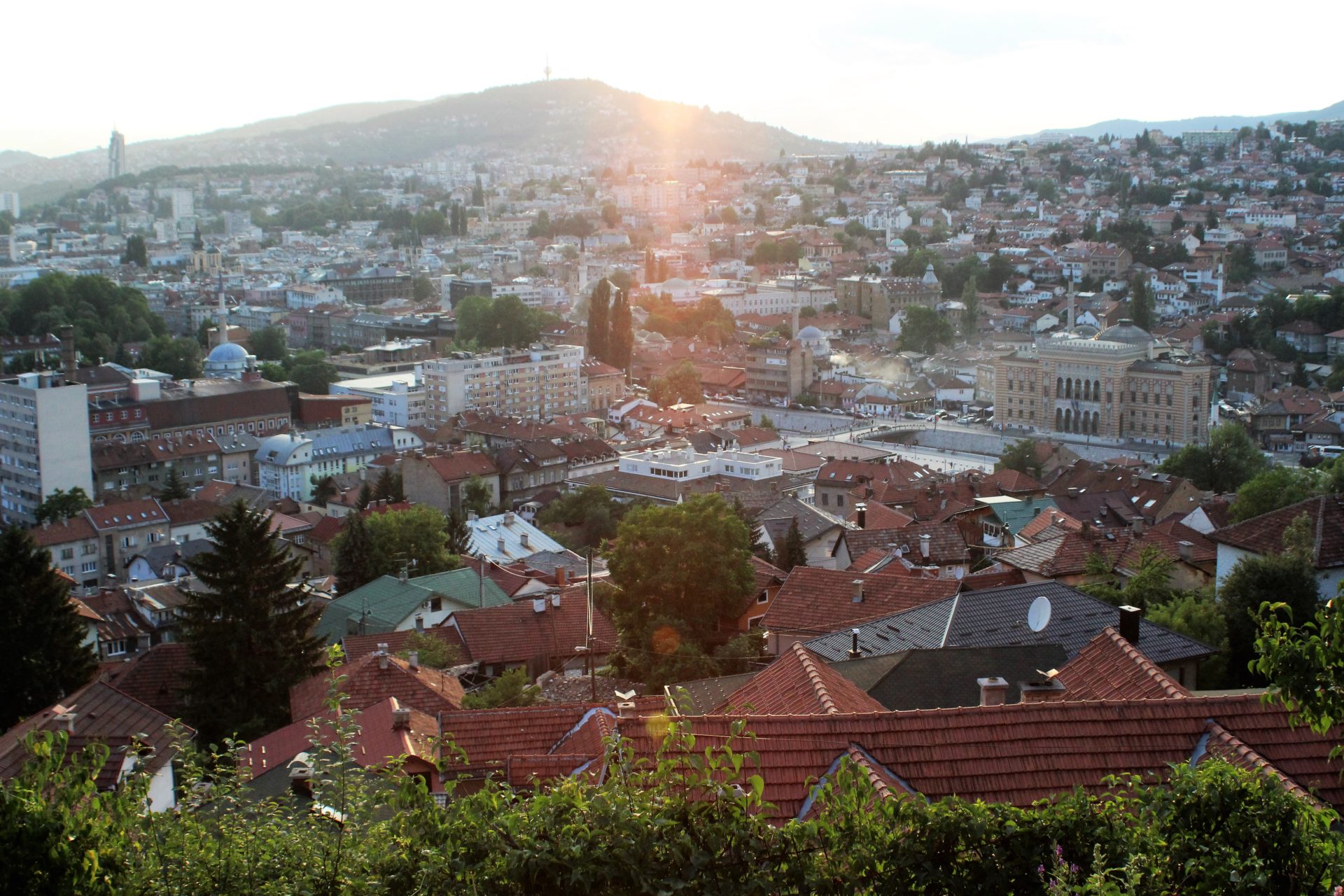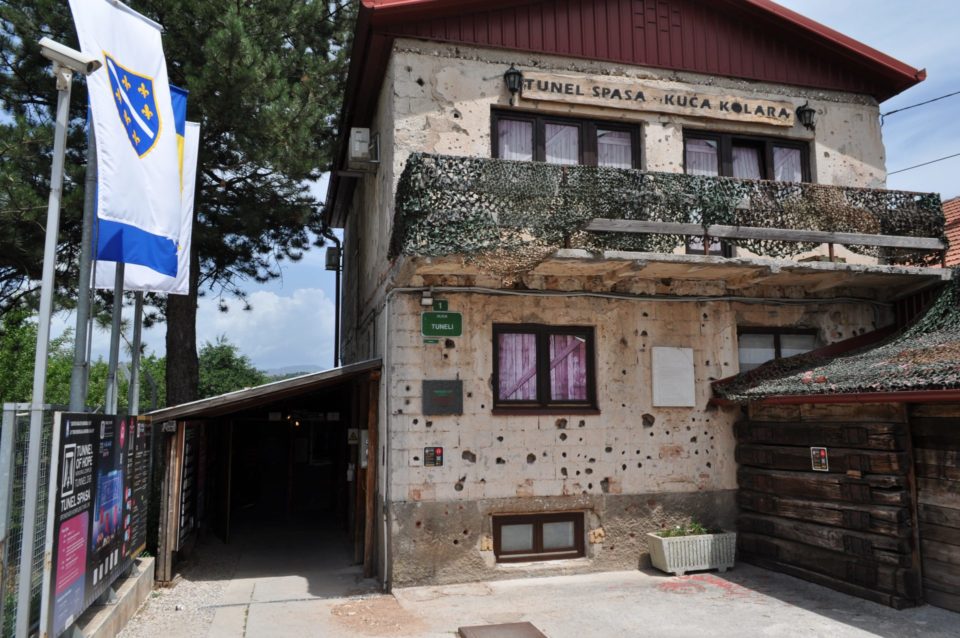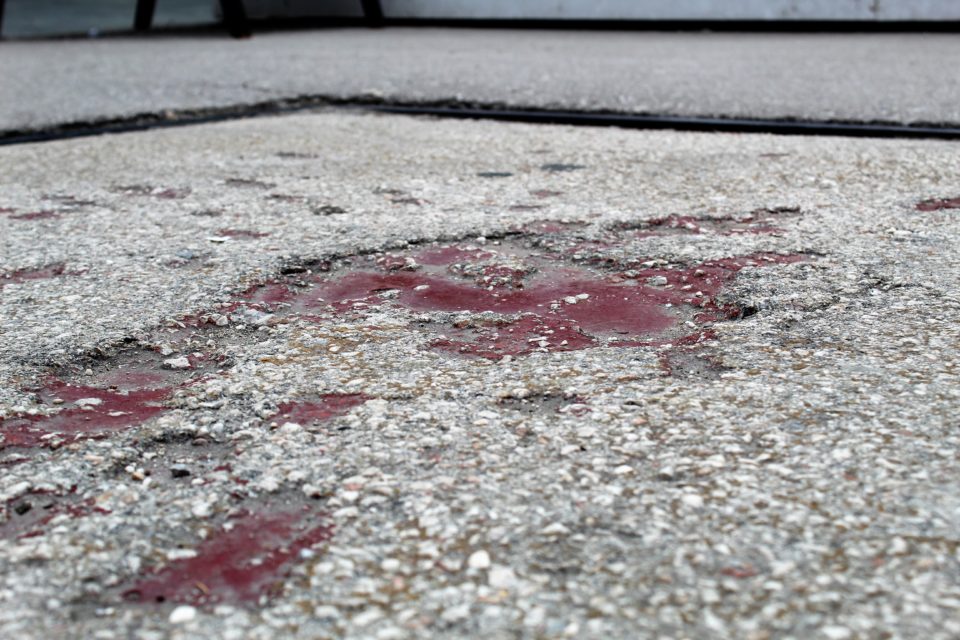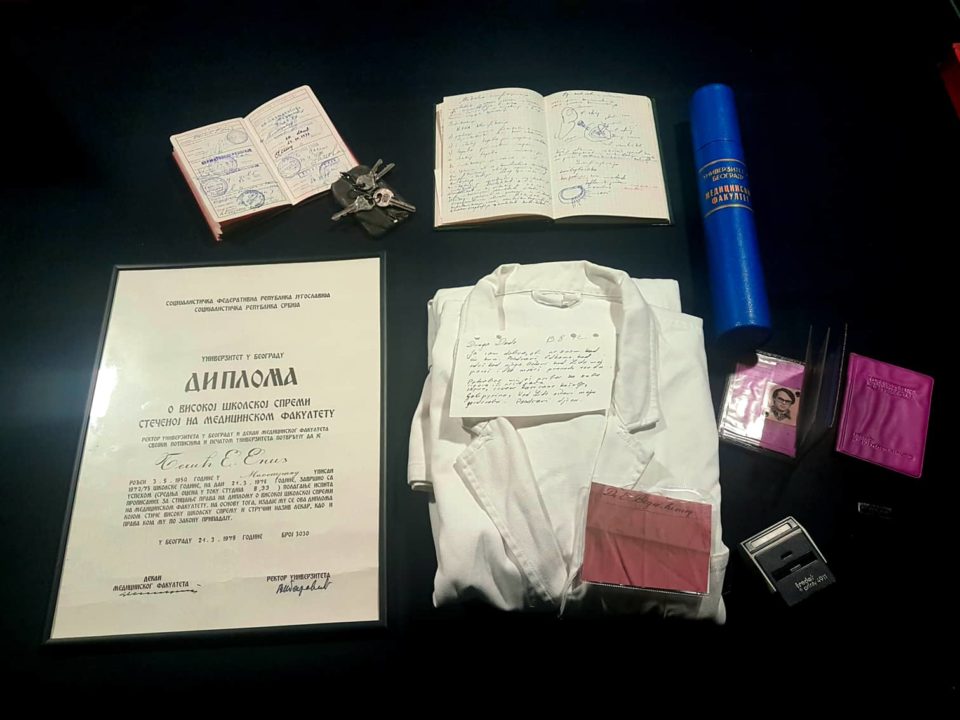
Tourism in areas known for acts of war, genocide, and terror has been dubbed ‘dark tourism.’ BiH has been included on a dark tourism website which provides information on various dark tourism destinations, including Sarajevo, Mostar, and Srebrenica.
Dark tourism has gained a negative reputation in the media for commercializing and exploiting suffering, bypassing education and remembrance for the sake of profit and sensationalism.
In the context of BiH, however, visitors seem to show a genuine interest in learning about past events. As Jack Stacey highlighted in 2018 (“Rail Discoveries”), it allows people to “honour the dead and reminds us of the lessons learned from those destinations.” He continues, adding that “without dark tourism and without the opportunity to visit those places with dark pasts, it is almost as if we are erasing them from our history and pretending as though they never happened”.
The government of BiH has sought to shift focus from the war and violence of the 1990s to the other tourism assets the country has to offer, such as natural beauty, hiking trails, and ski destinations. However, as Stacey wrote in his article “by restricting the sites of tragedy, we are effectively erasing them from our history and the education of younger generations”.
In 2019, before the Covid-19 pandemic, a 19.3% increase was recorded in the number of tourists visiting BiH compared to previous years, and the number of overnight stays had reached over one million (Agency for Statistics of Bosnia and Herzegovina, 2019). In 2020, around 430 million US Dollars was generated by the tourism sector, which amounts to roughly 1.9 percent of the country’s gross domestic product (World Data, 2020). This is a substantial amount of tourism revenue for a country outside the EU which does not have the advantage of being well-marketed to Western tourists.
Sarajevo was also recognized as a top European destination by National Geographic Travel in 2017 (National Geographic Travel, 2017). What Bosnia has done with the travel industry is a key example of how educational and informative tourism can lead to greater understanding (Tadlock, 2019).
In BiH, and especially Sarajevo, museums, monuments, and tours are important for the education of both locals and visitors alike. The still on-going presence of coming to terms with war experiences may make such reminders a difficult thing to face for locals who are ready to move on, but it is important to preserve these tragic memories of what took place here for the youth in BiH and beyond.

Although dark tourism has a reputation for prioritizing profit over genuine education and remembrance, these sites also help fulfill the desire of tourists and locals to learn about the past and combat the denial of genocide and war crimes that continues to divide the country.
Tours like the War Scars and New Times Walking Tour and the War Tunnel Tour are operated and led by locals, who directly experienced Bosnia’s troubled history – from growing up in Sarajevo during the war to being a police officer who helped get supplies into the besieged city. They relive the war every day they give these tours, recounting their narratives of the turmoil in their country. However, they also express their patriotism and pride for the part they played in the defense of their homeland, whether big or small.
Tourism can play a key role in aiding post-war recovery in BiH, where youth unemployment rates have recently reached 57.5% (Menteth Wheelwright & Vujinovic, 2021). Dark tourism is a profitable industry, and Bosnia can benefit financially from tourists eager to learn more about the war.

Today, more individuals are travelling to gain knowledge. As Stacey states in his article “Dark Tourism: Educational or Exploitative” the “educational mission of dark tourism locations is becoming an increasingly important aspect of their existence,” as it provides the necessary platform “to teach the wrongs which were perpetrated”. Arguably, it is even more important for Europeans to be reminded that atrocities were committed on their continent, and that without consistent education and remembrance, it is difficult to rule out the possibility that such atrocities could one day be repeated.
Jasmin, who works at the Crimes against Humanity and Genocide Museum, says that dark tourism is “very important” for education, as Bosnians “can’t escape from reality.” He goes on to note that the various museums and experiences that are available to tourists are beneficial for “learning the history of Bosnia and Herzegovina,” and that it is “essential to continue developing museums that talk about the war experience as a way to continue the dialogue for reconciliation.”

In speaking with tourists about their experience in BiH, one can see the benefits of dark tourism for raising global awareness and understanding. Tourists leave the country better informed about the atrocities that took place there and take this knowledge back with them to their home countries, where they will share these stories with others, thereby educating them in turn about these events and perhaps inspiring them to one day visit for themselves.
In conclusion, BiH and its government should embrace the economic and educational benefits that dark tourism has to offer. There is no doubt that the country’s potential for tourism related to things like nature, hiking and skiing is also underdeveloped and should be promoted as well, but it should go hand in hand with the dark tourism to ensure maximum tourism revenues for the nation. Furthermore, it should be highlighted that dark tourism here in BiH is critical for persistent education and awareness, both among local youth and people from other countries. It has allowed for those who suffered first-hand to tell their stories to the world, while also creating jobs in a country with high unemployment rates. It also provides a place for remembrance and reflection for those who have lost loved ones, as well as a space for those who wish to learn more about the events of the past. This is vital for the prevention of future conflict and the promotion of peaceful coexistence.






